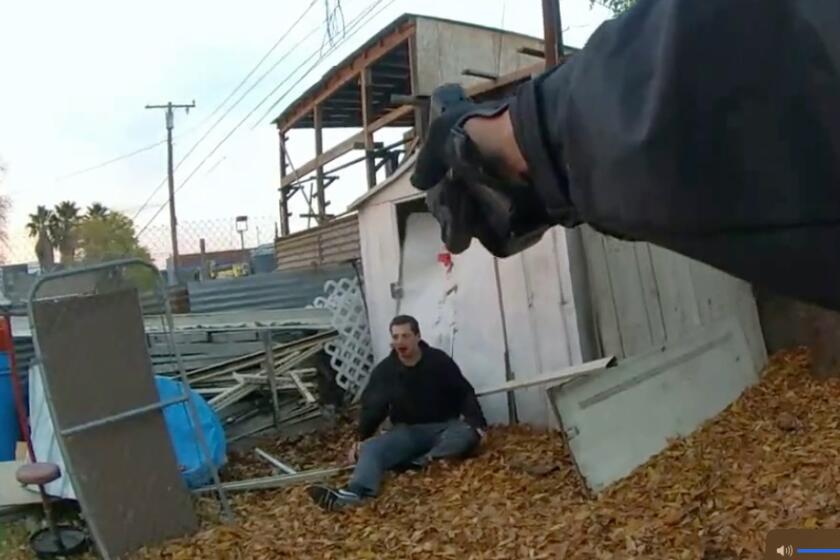Supreme Court puts extra burden on crime labs
- Share via
Reporting from Washington — The Supreme Court on Thursday put an extra burden on crime labs, declaring that a man accused of drunken driving has the right to demand that a lab technician testify in person about a blood test that showed he was impaired.
The 5-4 decision was the latest to extend the reach of a defendant’s constitutional right “to be confronted with the witnesses against him.” And once again, the outcome was driven by an unusual coalition of conservative and liberal justices.
Two years ago, the court said a crime lab technician was a witness for the prosecution and, therefore, must be available to testify. In Thursday’s decision, the court went a step further, saying it will not suffice to send any technician or lab analyst who can explain the testing. Rather, the prosecution must supply the same technician who conducted the blood test and signed to certify the result.
“We hold that surrogate testimony … does not meet the constitutional requirement,” Justice Ruth Bader Ginsburg wrote for the court majority, which also included Antonin Scalia, Clarence Thomas, Sonia Sotomayor and Elena Kagan. The Constitution does not permit shortcuts, the court said, and in many cases, a crime lab report is the prosecution’s strongest evidence.
Prosecutors from 34 states had urged the court to pull back on this requirement. They said crime labs were overburdened already, and argued it was costly and unwise to force technicians and analysts to spend many of their work days in court.
Justice Anthony M. Kennedy cited this criticism in his dissent. For example, he noted that 10 toxicologists in the Los Angeles Police Department spent 782 hours at 261 court appearances during a single year. He called the latest decision a “new and serious misstep” that will make a bad situation worse.
Although the decision arose in a drunken driving case, the requirement for live testimony from lab technicians extends to all manner of crime lab reports, including those involving drugs and DNA.
It is not clear, however, whether most defendants will demand that lab technicians testify at their trials. Defendants may waive their right to confront such a witness. But Kennedy said defense lawyers would be emboldened to demand live testimony more often.
More to Read
Sign up for Essential California
The most important California stories and recommendations in your inbox every morning.
You may occasionally receive promotional content from the Los Angeles Times.











